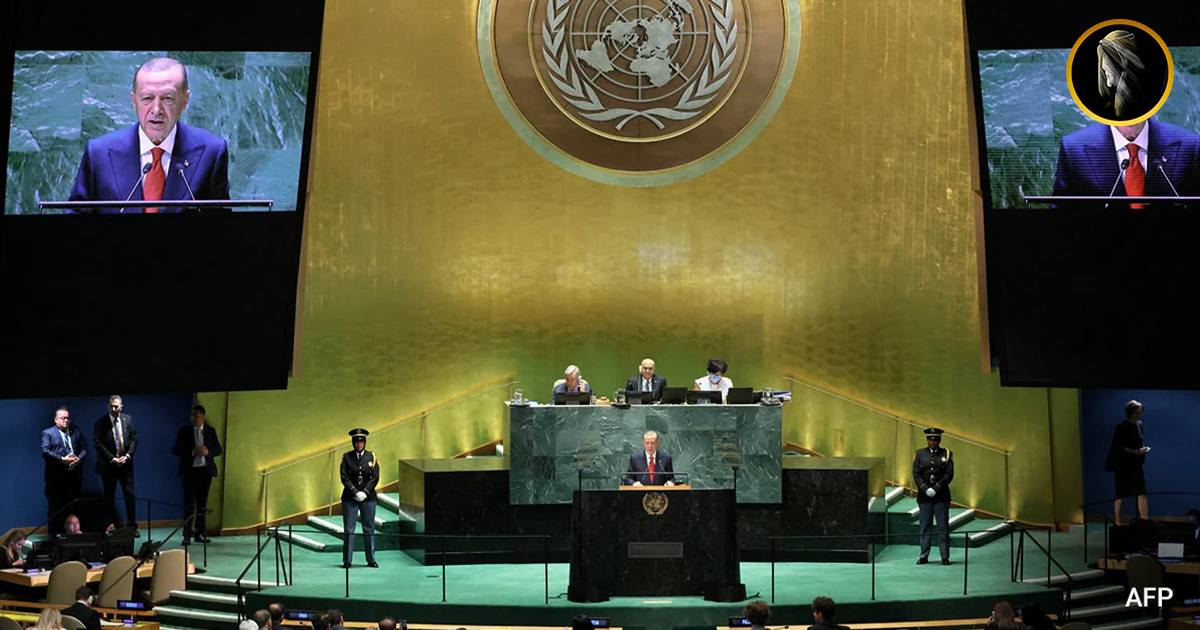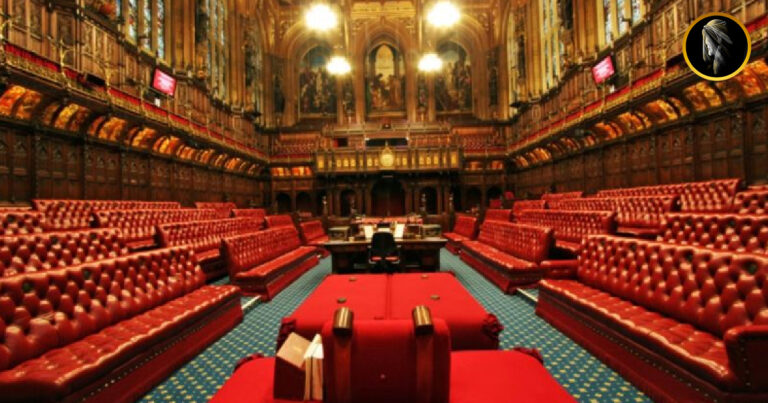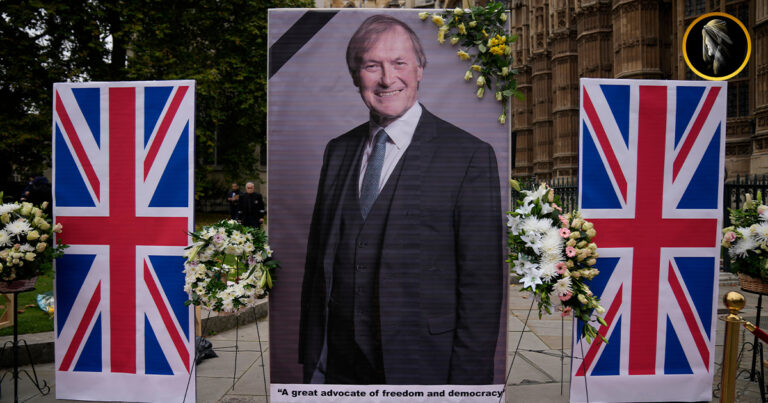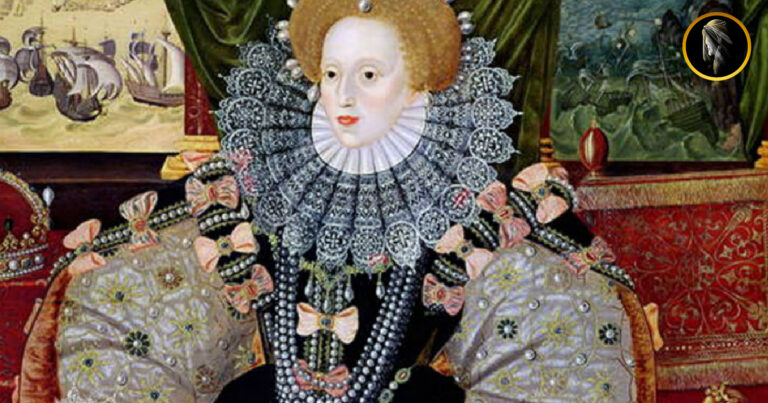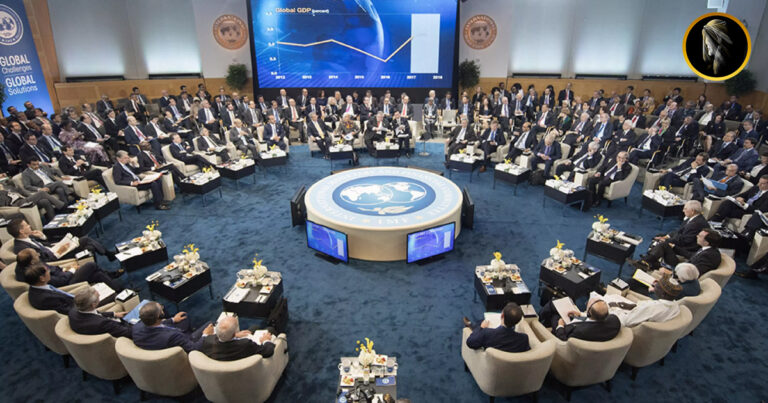Muslim leaders addressing the United Nations on Tuesday criticized the West for incidents of Quran burnings, condemning these acts as discriminatory and not protected under the banner of free speech.
Sweden has recently witnessed several instances of Quran burnings, with the government expressing condemnation but stating its inability to prevent such actions, citing laws protecting free expression.
Turkish President Recep Tayyip Erdogan, who has previously pressured Sweden over its stance on Kurdish activists Turkey regards as terrorists, spoke out against Western countries, characterizing their actions as a “plague” of racism and Islamophobia. He described the situation as intolerable and criticized populist politicians for encouraging dangerous trends.
Erdogan also pointed out the mentality that allows attacks on the holy Quran in Europe under the pretext of freedom of expression, suggesting that it darkens Europe’s own future.
In Sweden, protests involving Quran burnings have been organized by refugee Salwan Momika, sparking outrage in the Middle East and his native Iraq.
Iranian President Ebrahim Raisi, a cleric representing Iran’s Shiite theocratic state, displayed a Quran at the UN podium and spoke about the importance of preserving the Quran’s sanctity. He accused the West of using freedom of speech as a tool to divert attention from their actions.
Raisi also criticized Islamophobia and cultural discrimination in Western countries, mentioning France’s controversial ban on Muslim girls wearing hijabs in schools.
The emir of Qatar, Sheikh Tamim bin Hamad Al Thani, emphasized that compromising the sanctity of religious beliefs should not be viewed as freedom of expression. He urged fellow Muslims not to be distracted by provocations like Quran burnings, emphasizing the Quran’s holiness.
In summary, Muslim leaders at the United Nations voiced their concerns about Quran burnings in the West, denouncing them as discriminatory and not protected by freedom of speech. They criticized Western countries for allowing such actions and called for respect for religious sanctity.


